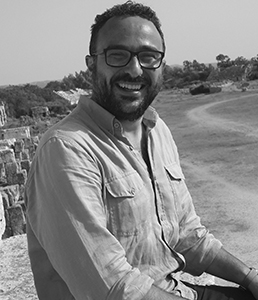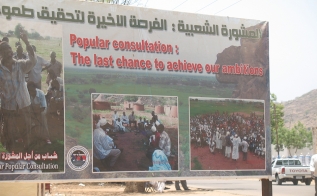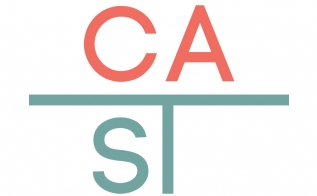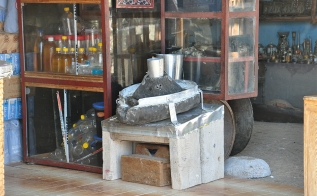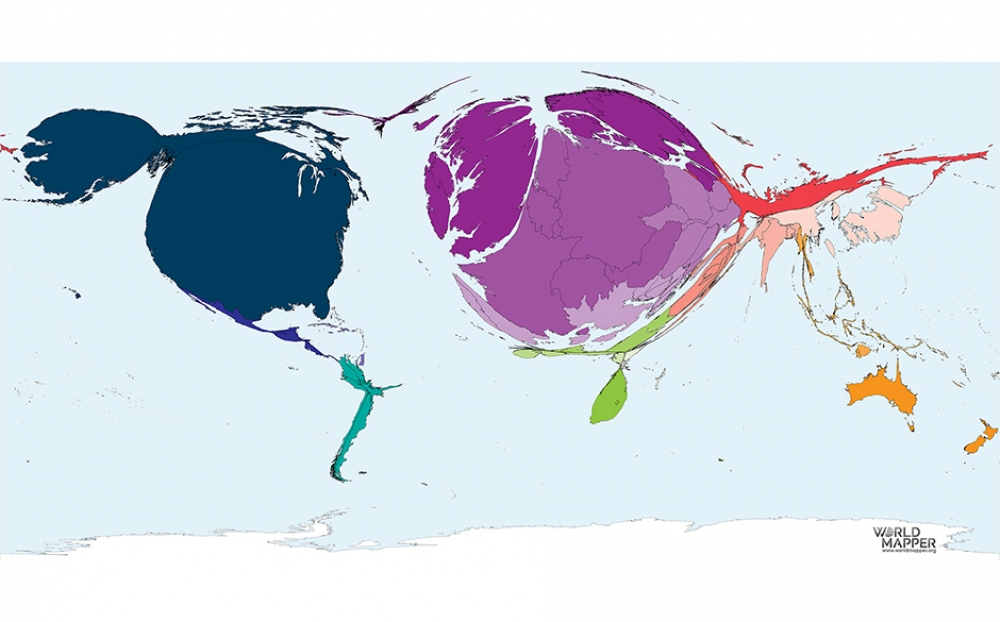
Description
The project explores the relationship between research training, scholarly mobility, career paths and social science knowledge production in the Arab region, concentrating on Beirut as one of its main hubs, and on recent developments in the local provision of postgraduate training. The main research question is to examine the role of recently established local programs and institutions offering postgraduate training and research grants in altering the conditions of doing research as well as career paths in social sciences both in Lebanon and throughout the region, in contrast with an earlier, and still predominant, mode of graduate education abroad, mostly in the ‘global north’. Combining biographical ‘tracer’ studies of individual academics with institutional ethnographies, the project develops comparative insights into research career pathways and the practice of social science in the Middle East.
This analysis has the aim of discussing not only the effects of mobility on the knowledge being produced – issues currently discussed inside the academia, the contents of legitimate PhD theses and appropriate topics of research for young scholars – but also to the institutional context within which it is produced. From a theoretical point of view, the project proposes a new way of understanding knowledge as being intertwined with movement, co-constituted through it.

